Eco-tourism industry hit hard by covid19
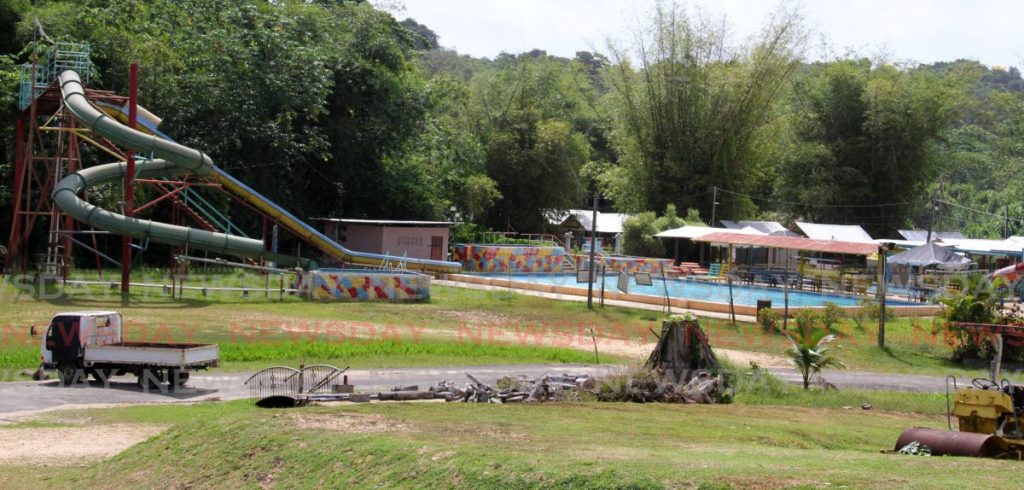
It's no secret that covid19 had a devastating effect on businesses.
But for nature resorts, the effect of the pandemic, or rather the effect of restrictions to stymie the progress of the pandemic, has affected 100 per cent of the industry. Some businesses are running at a severely limited capacity, and others have closed their doors – some permanently.
It used to be a playground
For Dwayne Lewis, general manager at Trini River Lime nature resort in Matura, every weekend before covid19 was an adventure.
From Friday to Sunday his ten-acre resort would be teeming with families, church groups and other people looking for adventure or relaxation. Guests had the option of bringing their own food, cooking on site or buying from on-site bars and food stalls.
There are also cabins and gazebos on a riverbank. If not cooking or fishing, there are nature trails to be explored, horse riding and five pools to enjoy.
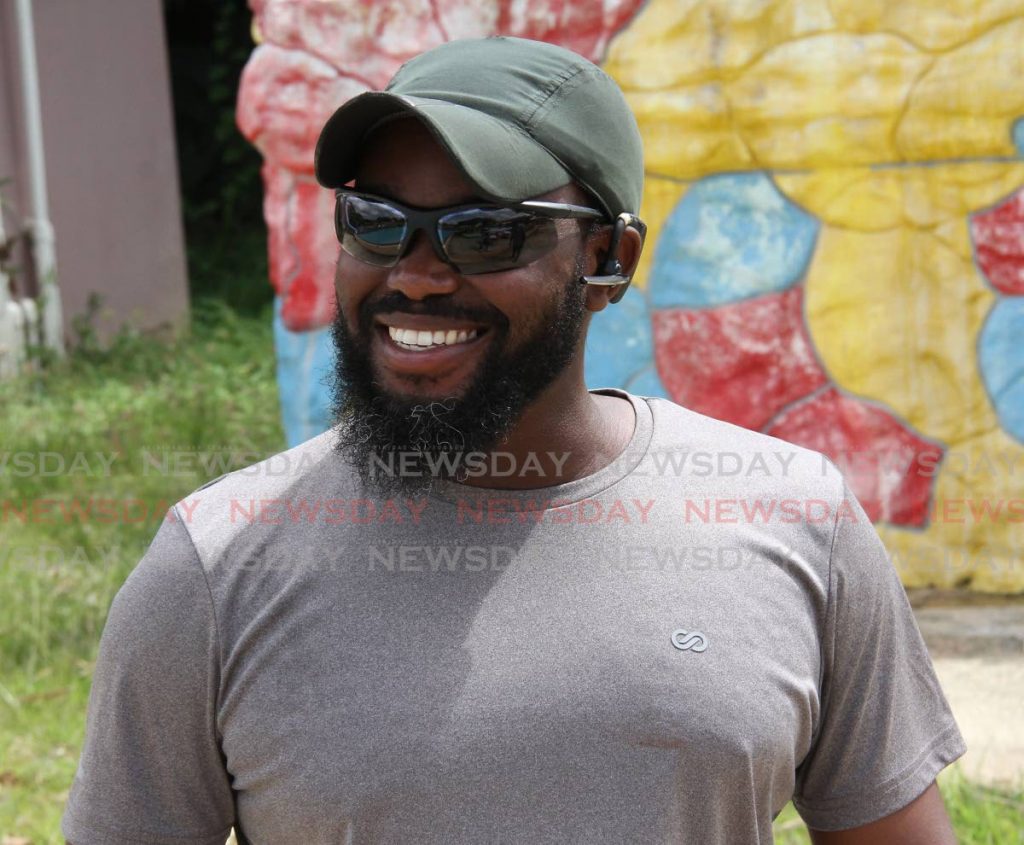
“We would have had people here already by the pool park area enjoying the slides. We would have people enjoying the other activities,” Lewis told Business Day on our visit last Friday.
Later on in the day, they would have brought in a rhythm section or tassa drummers for entertainment. If there wasn’t live music, Lewis would call in a DJ so the guests could dance the night away.
When we visited the resort, a few days after another round of restrictions was announced, it was empty except for one group who had limited access to the facilities.
The situation is the same for resorts across the country and especially those on the east coast, where camping, hiking and fishing are quite popular – and are the main features of each nature resort.
“Trinis love cooking by the river,” Lewis said. “They love the bar. The children love the horseback riding.
"We were even going to build a 'zorbing' ramp, where we could put a person in a huge clear plastic ball and they can roll down a course.
"But all of that was cut after covid19.”
On March 26, 2020, after covid19 was confirmed locally, government announced stay-at-home measures which included restrictions on sporting activities, the passenger capacity of transport, activities at beaches and rivers, outdoor gathering, liming at bars, and gathering in general.
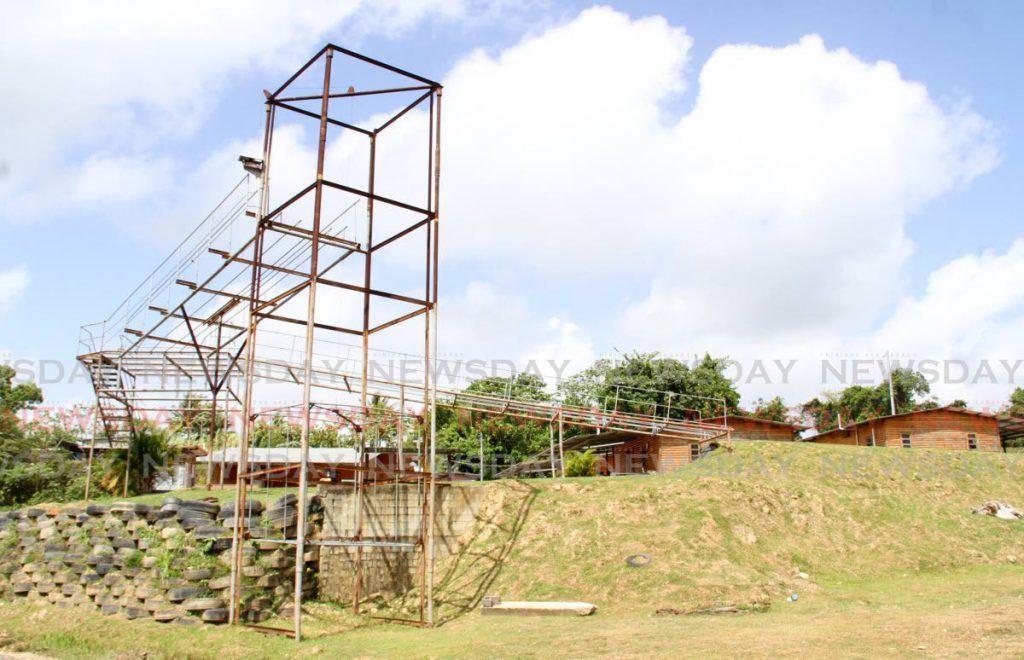
These restrictions put a full stop to every activity a resort normally offers. Lewis said his resort, which could facilitate about 1,000 people, is now running at ten per cent capacity.
“We only provide sleeping accommodations now,” Lewis said. “We closed the bar...It is just the cabin accommodations with the cabin pools now. We can’t even book out the cabins. We still have to space them out.”
As a result, Lewis had to lay off the majority of the 11 staff members, all from Matura. The only ones remaining are a handyman and the stable hand who takes care of the horses.
Michelle Dyer, manager at Playa Del Este, said while the new restrictions did not order resorts to close, people are still very cautious about venturing out of their homes and patronising a location which could potentially be ground zero for a super-spreader event.
“We were hoping that 2020 would be our year, like many others, but it just didn’t happen,” Dyer said. “To be fair, government did not lock down resorts this time, but how safe would people feel with a spike (in covid19 cases)?”
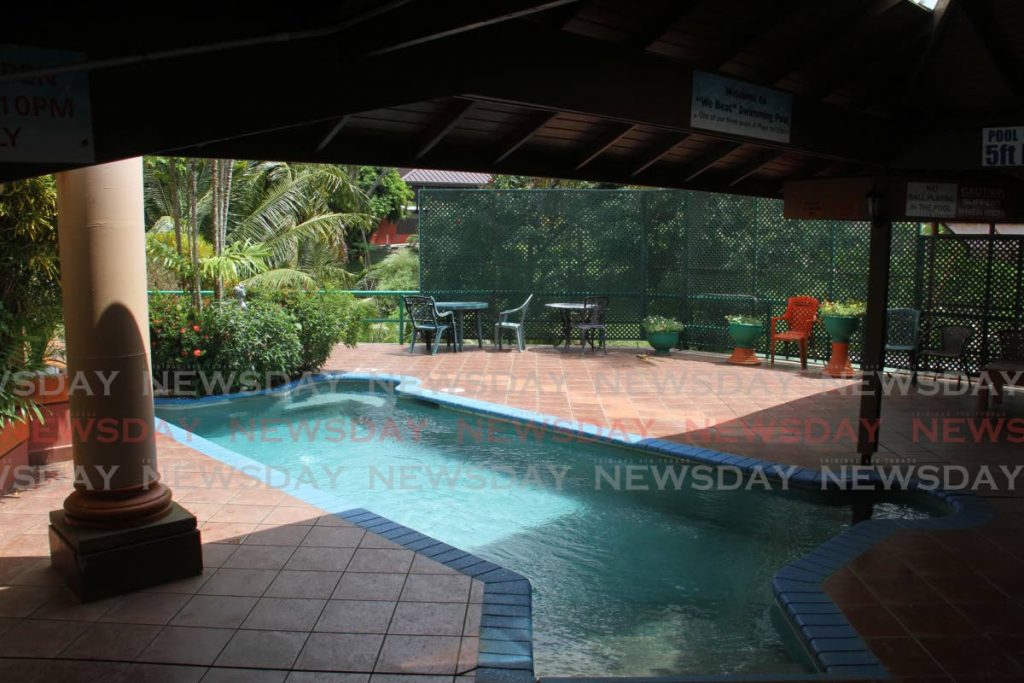
Over the past two weeks, TT’s covid19 cases have been trending upward and there are at least nine known cases of the Brazilian variant of the virus.
The latest restrictions, which are in place until May 16, affect how people gather, play sports and where they can go for recreation, among other things. Dyer, who had a staff of 30 people, said the lack of business has put a strain on her family, who own the resort. It closed its doors on March 20 last year, and did not reopen until restrictions were lifted in November.
Lewis added that guests' caution could mean that, regardless of restrictions, the industry may not recover for another year.
“The general public is taking precautions in coming out. This is a family-oriented industry, and a lot of families are staying home to protect themselves. You would get one or two people coming, but I think we have a little while again before we can recover. ”
Resorting to keep the lights on
Other resorts are barely making enough to keep their lights on. Some owners have given up and are looking for willing buyers.
“We were getting support from TTEC last year, but in January they cut the credit line.” Dyer said. “At this point we have to pay out of pocket to maintain the entire place.”
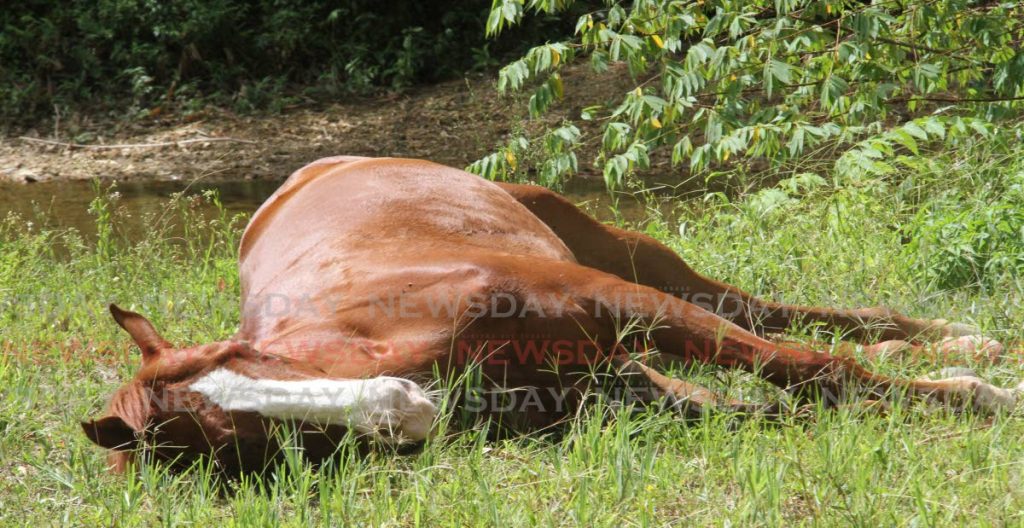
For resorts like Lewis’s, that would mean maintaining about five pools, keeping a consistent supply of water and electricity, repairing parts, odds and ends which could go bad for lack of use, and paying what's left of the staff. That staff, Lewis said, also had to take a pay cut. Now, he pays the jockey who tends to the horses about $150 per day and the handyman about $100.
Lewis and Dyer agreed that leniency to allow at least ten per cent capacity in all areas could allow resort owners at least to make enough money to pay their bills.
But for Vishnu Tiwarie, owner of Valencia Eco Resort, it would not be enough. Tiwarie, after covid19 whittled his earnings down to zero, decided to sell his ten-acre estate, which has rivers, over 1,000 exotic fruit trees and the capacity to share free WiFi over the entire estate.
Tiwarie said before covid19 the resort was filled to its 30-bed capacity every weekend.
But then, he said, “Our sales went to zero. We are getting no help from the government – no bailouts, no stimulus, nothing.”
Tiwarie said while many hotels are centred on accommodation, resorts are centred on the activities they offer.
“So it would not make sense to keep the resort open,” he said.


Comments
"Eco-tourism industry hit hard by covid19"